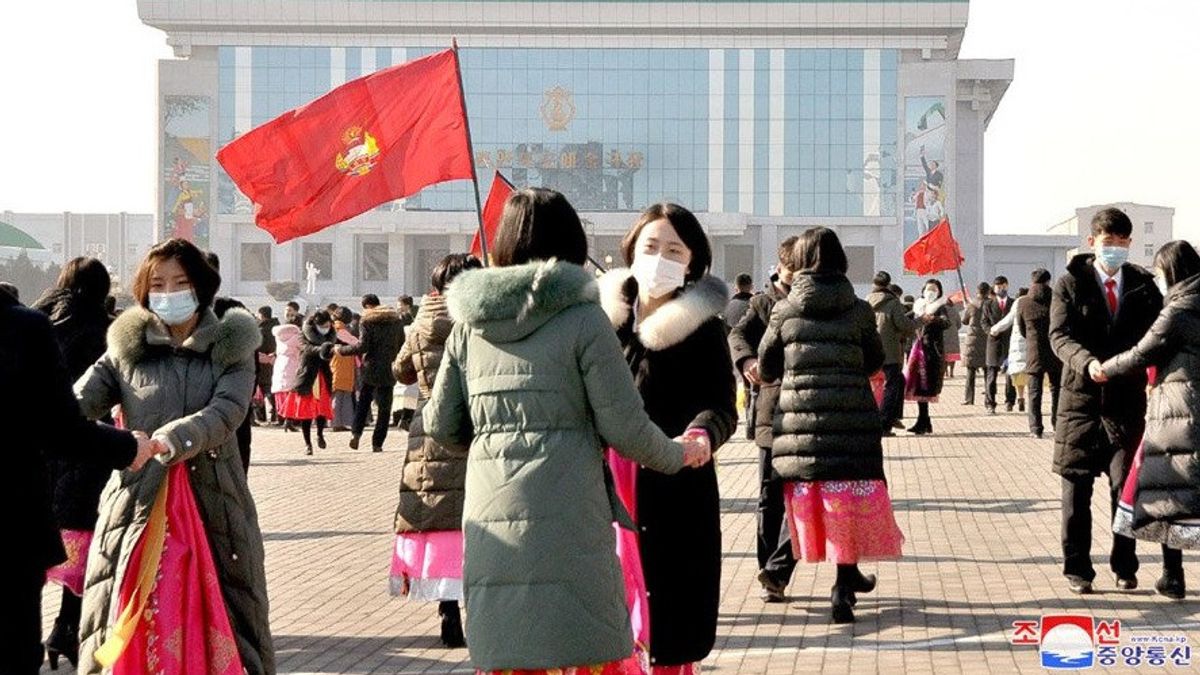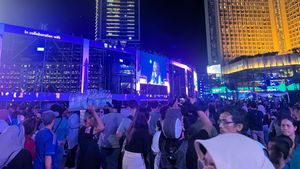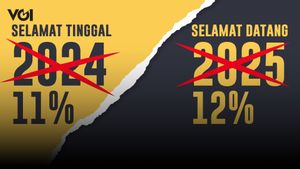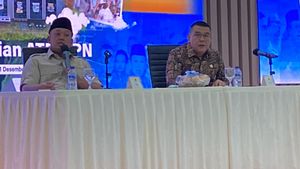JAKARTA - The global COVID-19 vaccine sharing program, COVAX Facility, has reduced the number of doses allocated to North Korea, international aid organizations said, as the country has so far not received any vaccine shipments.
Data from a website maintained by UNICEF shows the number of doses of the COVID-19 vaccine allocated to North Korea is now at 1.54 million doses, a far cry from 8.11 million doses last year.
This year, COVAX switched to a need-based vaccine allocation, so accumulated doses previously allocated to North Korea are no longer relevant, said a spokesman for Gavi, the charity that helps operate the vaccine-sharing program.
"The vaccine was allocated to (North Korea) with technical considerations, to enable the country to pursue international immunization targets by 2022, should the government decide to introduce COVID-19 vaccination as part of the national pandemic response," the spokesman said in a statement to Reuters. as quoted February 10.

So far, North Korea's import of a COVID-19 vaccine is unknown, although media reports suggest at least some key people, such as border control officials, may have been vaccinated.
Last year North Korea refused delivery of a planned AstraZeneca COVID-19 vaccine organized under COVAX due to concerns over side effects, a South Korean think tank said at the time.
Next, Pyongyang also rejected an offer of three million doses of a COVID-19 vaccine from China's Sinovac Biotech, UNICEF said last year.
"Gavi and COVAX are continuing dialogue with (North Korea) to operationalize the COVID-19 immunization program," a Gavi spokesman said.
To date, North Korea has not officially confirmed a single case of coronavirus infection, although officials in South Korea and the United States doubt that the country is free of COVID-19.
To note, North Korea was one of the earliest countries to close its borders, when the pandemic began to spread in 2020. And, it was only last month that Pyongyang started allowing some trains to cross its border with China.
Additionally, North Korea's Parliament approved a 33.3 percent increase in spending to tackle the pandemic this year, state media reported on Tuesday.
"Emergency epidemic prevention work will be the top priority of state affairs and the epidemic prevention wall will be further intensified," Prime Minister Kim Tok Hun said in a speech.
The English, Chinese, Japanese, Arabic, and French versions are automatically generated by the AI. So there may still be inaccuracies in translating, please always see Indonesian as our main language. (system supported by DigitalSiber.id)








